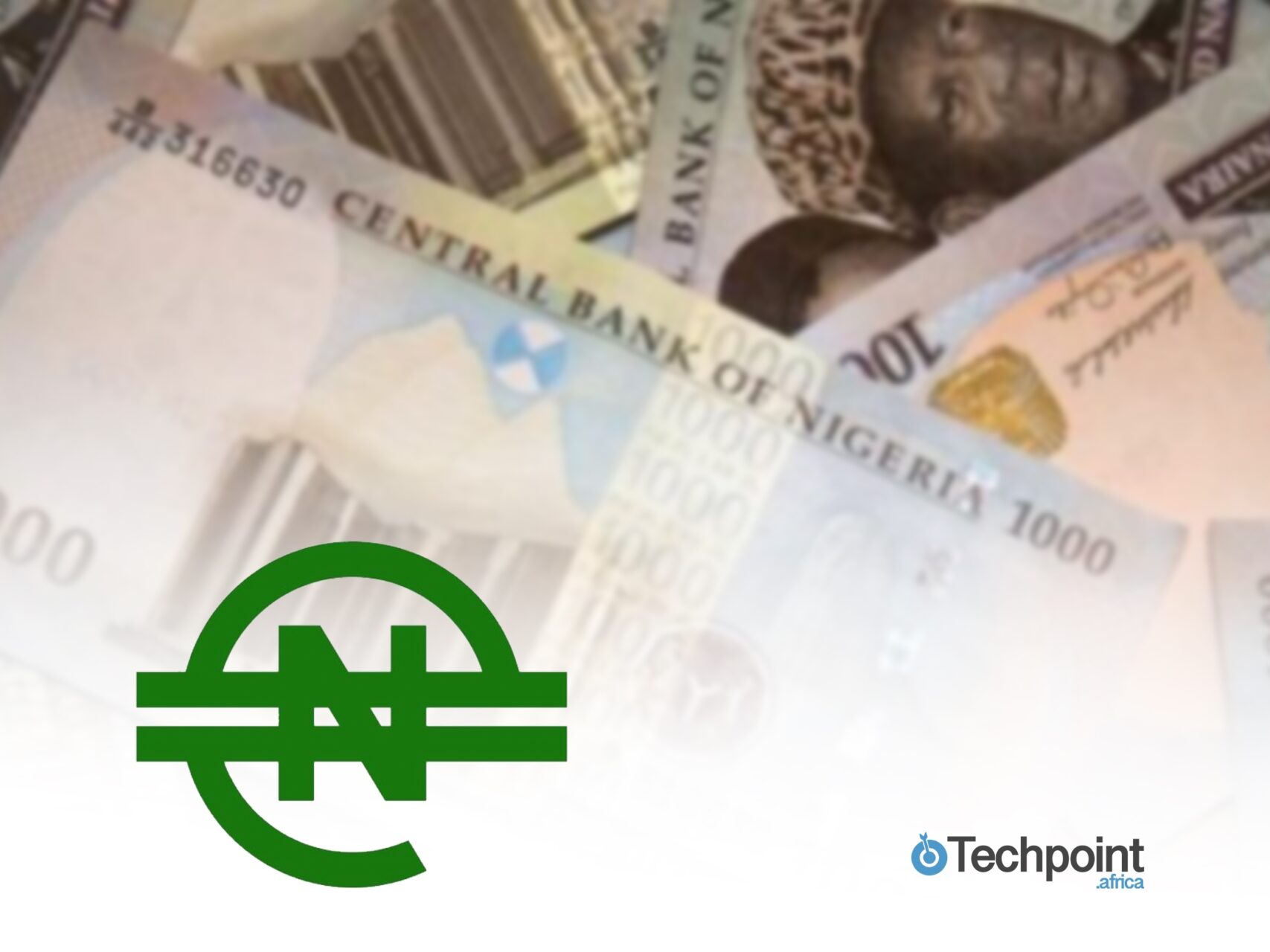The news
- Nigeria’s naira stablecoin is set to go live on February 27, 2024.
- Called the cNGN, the stablecoin will be piloted within an innovative regulatory sandbox.
- It will maintain a 1:1 peg with the naira, backed by reserves at designated commercial banks.
Africa Stablecoin Consortium (ASC) announced the launch date of the stablecoin, on Thursday, January 4, 2024.
What are stablecoins? Stablecoins are cryptocurrency tokens whose value is pegged to that of a national currency so that they maintain the same value as the currency.
The ASC, an alliance of financial institutions, fintech innovators, and blockchain experts, also revealed it has been okayed by the Central Bank of Nigeria (CBN) to pilot the stablecoin — cNGN — in its innovative regulatory sandbox. This could mean that the stablecoin will not be available for public use immediately after launch.
It said the cNGN is a compliant regulated stablecoin that will usher in a “new era of financial fluidity, bridging the Nigerian naira with the global market through blockchain technology.”
The ASC pointed out some benefits of the cNGN including shortening settlement time and “enabling payments that traverse the globe swiftly,”
It also said the digital currency, pegged 1:1 with the naira will transform the naira making it easy and cheaper for worldwide remittances.
The stablecoin is also expected to make cross-border transactions with the naira seamless. According to the statement by the ASC, online transactions will be possible without the need for currency conversions.
In another scenario, it said freelancers can now get their payment easily as the borderless stablecoin can be deposited into their wallet in minutes.
Nigeria’s stablecoin plans
The plan by Nigerian banks to launch a stablecoin was first reported in December 2023.
However, Nigeria’s CBN first revealed its interest in stablecoins in the Nigeria Payments System Vision 2025 where it cited use cases for not only stablecoins but even smart contracts.
In the document, the CBN said it will “consider the development of a regulatory framework for potential implementation of stablecoin offerings.”
It gave an example of how JPM Coin by JP Morgan Chase & Co. is used by its institutional customers to help them easily move money across the world.
The megabank built its private blockchain infrastructure — Onyx — to solve the challenges of cross-border transactions. The JPM Coin is used primarily for its wholesale payments when it wants to quickly and securely move money between institutional clients.
JPMorgan’s clients can get JPM Coin by exchanging it with US dollars at the bank via a process called minting which sees clients deposit US dollars with the bank in exchange for an equal amount of JPM Coins.
The CBN also said it will monitor use cases of smart contracts in other countries to develop effective strategies for it.
The apex bank also just lifted its two-year ban on cryptocurrencies, making it possible for banks to facilitate crypto-related transactions. These updates indicate an eagerness by the CBN to not just adopt, but develop blockchain solutions for Nigeria’s financial system.
However, there are still questions about where Nigeria’s eNaira is headed with just 0.5% adoption two years after its launch.










